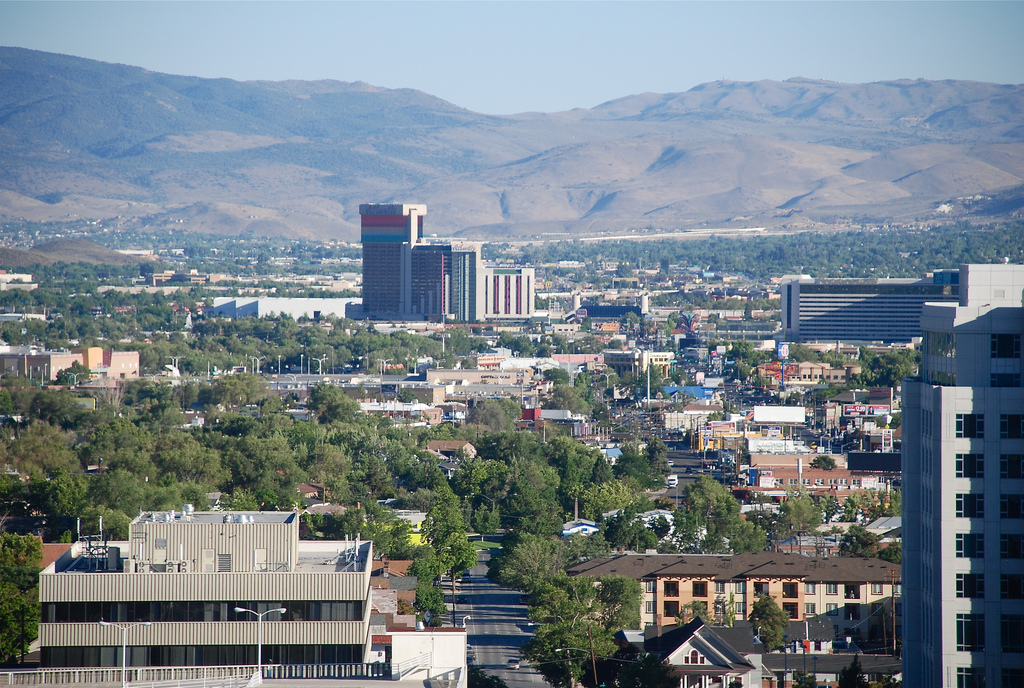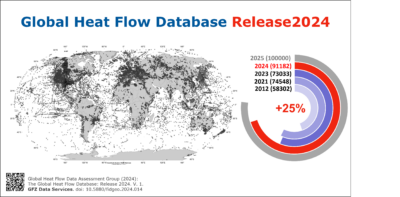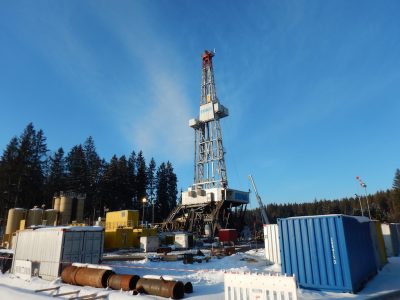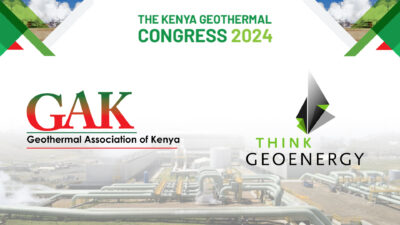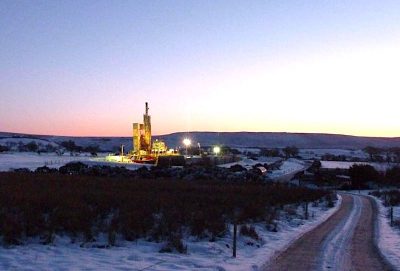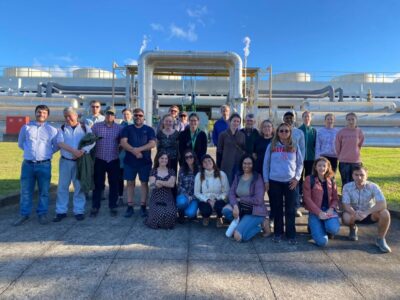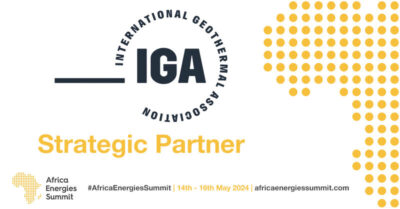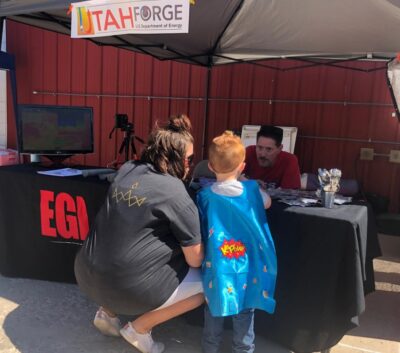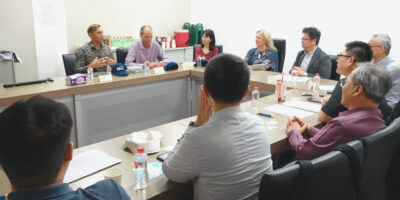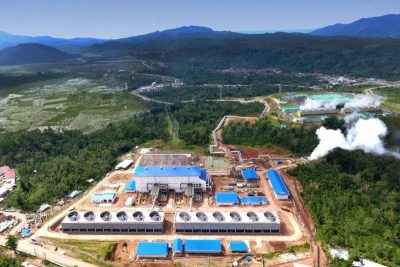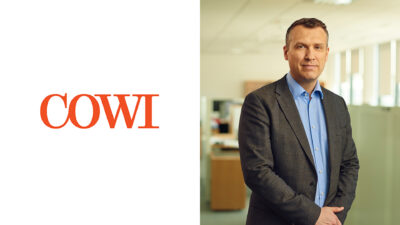University of Nevada in Reno hosts US. Energy Secretary
Graduate students and geothermal industry leaders met with United States Energy Secretary Ernest J. Moniz to talk about geothermal research and the geothermal industry in Nevada.
At an informal forum Wednesday, Oct. 22 at the University of Nevada, Reno’s Joe Crowley Student Union, they addressed the breadth and diversity of activities underway in northern Nevada in conventional hydrothermal, low temperature and innovative geothermal exploration technologies, and enhanced geothermal systems.
“It was an honor to have the Secretary of Energy, Dr. Moniz, on our campus visiting the Great Basin Center for Geothermal Energy,” Jeff Thompson, dean of the College of Science, said. “Our students did a great job of presenting their research projects on geothermal systems and exploration to the Secretary and engaging him in the basic science and applications of their work in the geothermal industry.”
The dozen geothermal students have graduate thesis projects ranging from seismic imaging used to locate geothermal sources to mapping geothermal potentials for several Nevada locations and geophysical studies of shallow seismic faults. Each student gave a brief overview of their project and had a conversation about it with Moniz and Douglas Hollett, director of the Department of Energy’s Geothermal Technologies Office in the Office of Energy, Efficiency and Renewable Energy.
Both Moniz and Hollett were excited about the students’ knowledge and expertise in the latest advances in the geothermal field. Hollett is responsible for both program and research and development oversight in new technologies designed to advance geothermal’s role in the United States energy portfolio.
“The students have some extraordinary projects underway, projects that promise to help the industry,” Moniz said. “I heard a lot of impressive theses today.”
The session was moderated by Wendy Calvin, professor and director of the Great Basin Center for Geothermal Energy. Calvin also informed the Secretary of the University’s National Geothermal Academy and the education students and professionals from across the country receive through this summer program.
“We are delighted to have the opportunity to interact with Secretary Moniz on our activities and programs in geothermal energy,” Calvin said. “This often overlooked renewable energy has tremendous value as a baseload resource in contrast to intermittent solar and wind. The forum allowed geothermal industry and university stakeholders to discuss priorities within our community and how to move geothermal into a more prominent position and larger portion of the U.S. energy mix.
“The University is a leader in geothermal research and education, and the visit helped us showcase a resource that is everywhere, right under our feet.”
Following the session with students, a roundtable was held with 20 geothermal company leaders, University faculty members and representatives with the Bureau of Land Management, the Navy Geothermal Program Office, Governor Brian Sandoval’s office and Sen. Harry Reid’s office.
The group discussed issues and needs of the geothermal industry with Moniz, including financing, permitting, research, workforce development, lowering the cost of exploration and drilling, and the ability for geothermal to compete in the realm of low-cost energy programs.
“This is National Energy Action Month, where we get out to see what’s going on in energy around the country. This is a progressive place in geothermal so we wanted to come here; it’s really the place to come to discuss geothermal,” Moniz said. Throughout October, Moniz and other department officials are participating in events to emphasize the important role that the Obama Administration’s “all-of-the-above energy” strategy plays in strengthening America’s economic, environmental and national security future.
Moniz said the Department of Energy is committed to growing cross-cutting, sub-surface fracture management, improving success rates of drilling and starting a jobs strategy council to integrate with college programs that will build workforce, through such things as enhanced graduate programs that would meet energy sector workforce needs.
Source: University of Nevada
